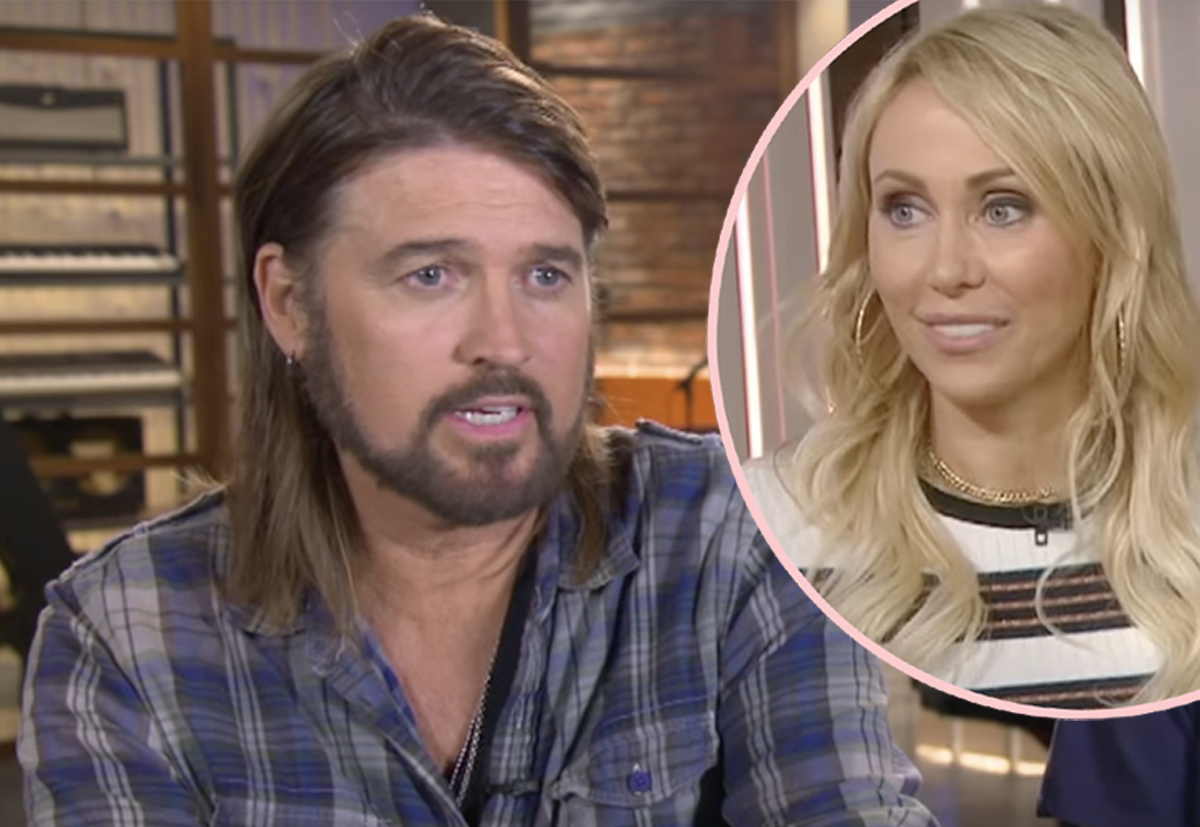#Billy Ray Cyrus & Tish Cyrus Speak Out About Divorce With New Joint Statement

Table of Contents
“Billy Ray Cyrus & Tish Cyrus Speak Out About Divorce With New Joint Statement
“
As we previously reported earlier on Monday, Miley Cyrus‘ parents are now going through a divorce after nearly 30 full years of marriage. But on Monday afternoon, the estranged couple released a mature, measured, and respectful joint statement about their intentions moving forward in an attempt to clear up any concerns.
Related: Vanessa Lachey Opens Up About Nick’s Prior Messy Divorce From Jessica Simpson
Speaking to People through a family representative, the 60-year-old country music singer and his 54-year-old estranged wife explained to fans (below):
“It is after 30 years, five amazing children and a lifetime of memories, we have decided to go our separate ways — not with sadness, but with love in our hearts. We have grown up together, raised a family we can be so proud of, and it is now time to create our own paths.”
The ex-couple continued:
“We will always be family and look forward to a continued and loving shared experience as friends and parents. We have not come to this decision lightly or quickly but with so much going on in the world, we wanted to provide some clarity and closure, so we can remain focused on what is important. With Love and Hope… Tish and Billy Ray Cyrus.”
Of course, Billy Ray filed for divorce from Tish once before, back in 2010, before revoking the petition just a few months later as the couple rebuilt their marriage.
Obviously, we wish both parties the best as they move on with their lives.
If you liked the article, do not forget to share it with your friends. Follow us on Google News too, click on the star and choose us from your favorites.
For forums sites go to Forum.BuradaBiliyorum.Com
If you want to read more Like this articles, you can visit our Social Media category.



